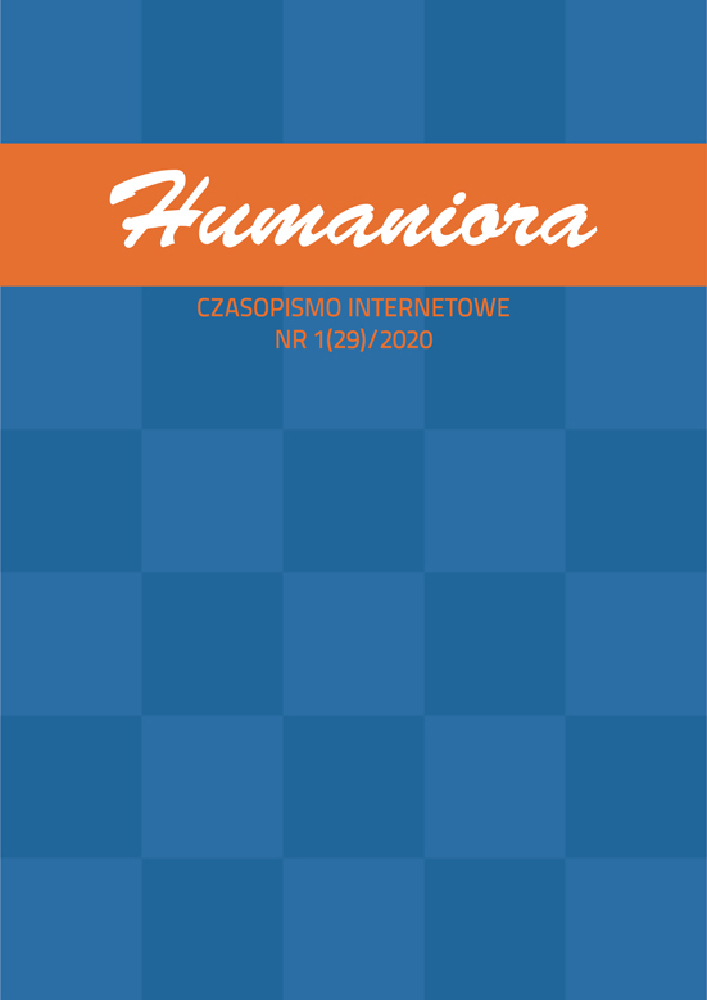Abstract
Within the world of modern scientific theories, probability theory is one of the basic tools with which hypotheses are constructed. Scientists using probability theory often rely on its objective interpretation. In practice, this means that probability assertions should be independent of the beliefs of the individual. Accordingly, the following question arises: what do the contents of scientific assertions based on an objective interpretation of probability theory refer to? To answer that question, the author analyzes objective probability in the context of the scientific debate on determinism, addressing two types of arguments. On the one hand, a position will be examined according to which the only viable plane allowing for objective probability is indeterministic. Subsequently, the discussion will focus on arguments to the contrary, which presume coexistence of objective probability and determinism. The aim of this paper is to answer the question concerning the meaning of a sentence referring to the objective interpretation of probability, and aim to resolve whether it is in the context of either deterministic or indeterministic plane that one can speak of objective probability. As a result, the following thesis will be advanced: both the acceptance of a deterministic and an indeterministic plane as possible areas where objective probability can occur is extremely problematic. Depending on the chosen area, different types of problems arise, whose common denominator is misunderstood objectification. Consequently, the postulated objectivity of probability (and pertinent assumptions) can be reduced to the epistemic variant.
Funding
This paper is the result of of the research project No. 2013/09/N/HS1/00902 funded by the National Science Centre
References
Blackburn S., The Oxford Dictionary of Philosophy, Oxford University Press, Oxford 1994.
Carnap R., Logical Foundations of Probability, The University of Chicago Press 1950.
Childers T., Philosophy and Probability, Oxford University Press 2013.
Eagle A., Philosophy of Probability: Contemporary Readings, Routledge 2010.
Finetti B. de, Philosophical Lectures on Probability, Springer Verlag 2008.
Gillies D., Philosophical Theories of Probability, Routledge 2000.
Hoefer C., The Third Way on Objective Probability: A Sceptic’s Guide to Objective Chance, “Mind” 116(463)/2007.
Loewer B., Determinism and Chance, “Studies in History and Philosophy of Modern Physics” 32/(2001).
Mises R. von, Probability, Statistics and Truth, 2nd English edition. George Allen & Unwin, Dover reprint 1957.
Nau R.F., De Finetti was Right: Probability Does Not Exist, “Theory and Decision” 51/2002.
Ramsey F.P., Truth and Probability. Foundations of Mathematics and other Essays, R. B. Braithwaite 1926.
Schaffer J., Deterministic Chance?, “The British Journal for the Philosophy of Science” 58(2)/2007.
License
Czasopismo oraz wszystkie zamieszczone w nim materiały są powszechnie dostępne i mogą być wykorzystywane do celów naukowych, edukacyjnych, poznawczych i niekomercyjnych bez konieczności uzyskiwania każdorazowej zgody autorów i redakcji. Nadesłanie artykułu do publikacji traktowane jest jako zgoda autora na udostępnienie swojej pracy i informacji w niej zawartych do powyżej wymienionych celów. W takich przypadkach należy jedynie wskazać źródło, z którego zaczerpnięte zostały informacje. Pobieranie opłat za dostęp do materiałów zawartych w czasopiśmie lub ograniczanie do niego dostępu jest zabronione.
Przesyłane do redakcji teksty muszą stanowić oryginalne prace, uprzednio nigdzie niepublikowane ani nie przedkładane innym redakcjom lub wydawcom. Autorzy nadsyłanych artykułów ponoszą odpowiedzialność za uzyskanie zezwoleń na publikowanie materiałów, do których prawa autorskie są w posiadaniu osób trzecich. Publikacja materiałów chronionych prawem autorskim jest możliwa pod warunkiem uprzedniego dostarczenia przez autora do redakcji pisemnej zgody właściciela praw autorskich.




